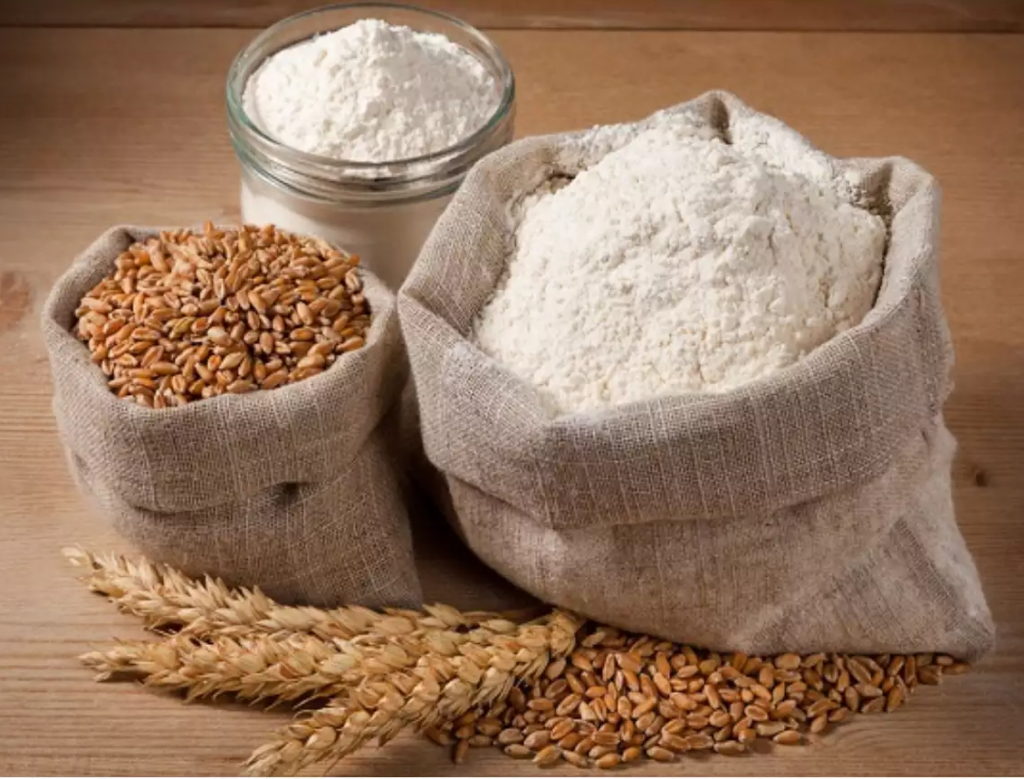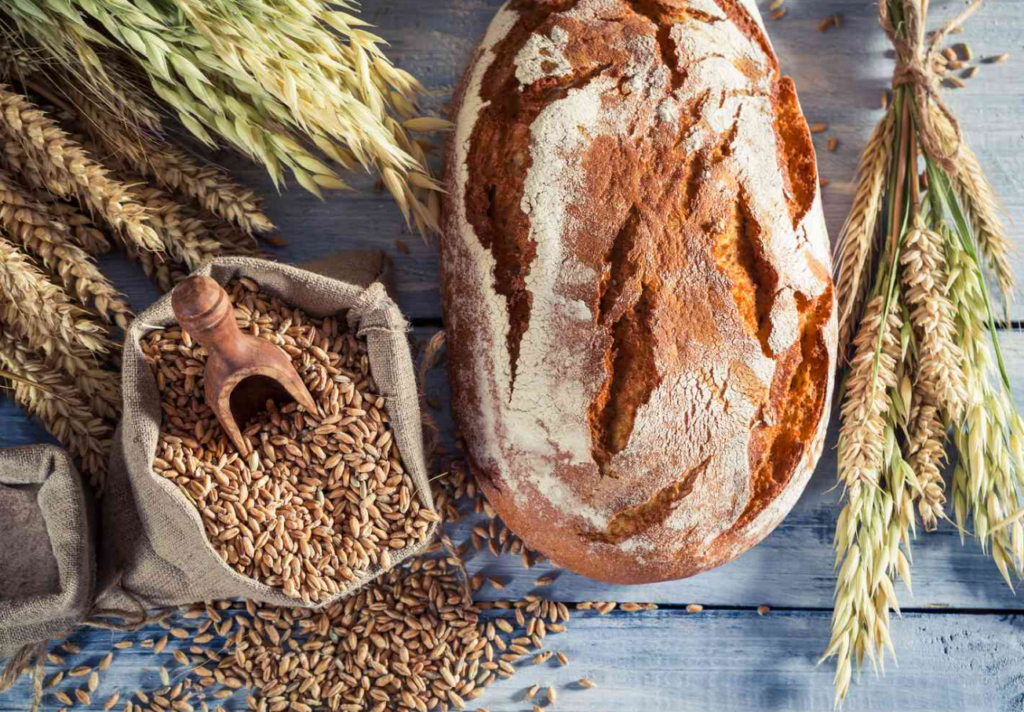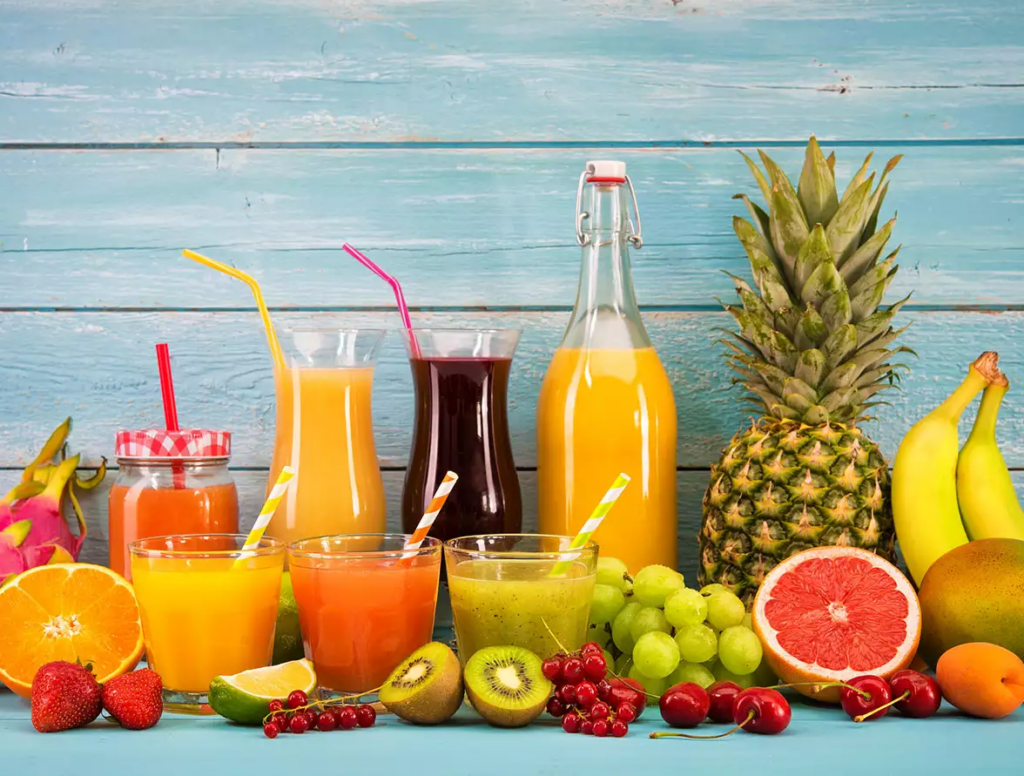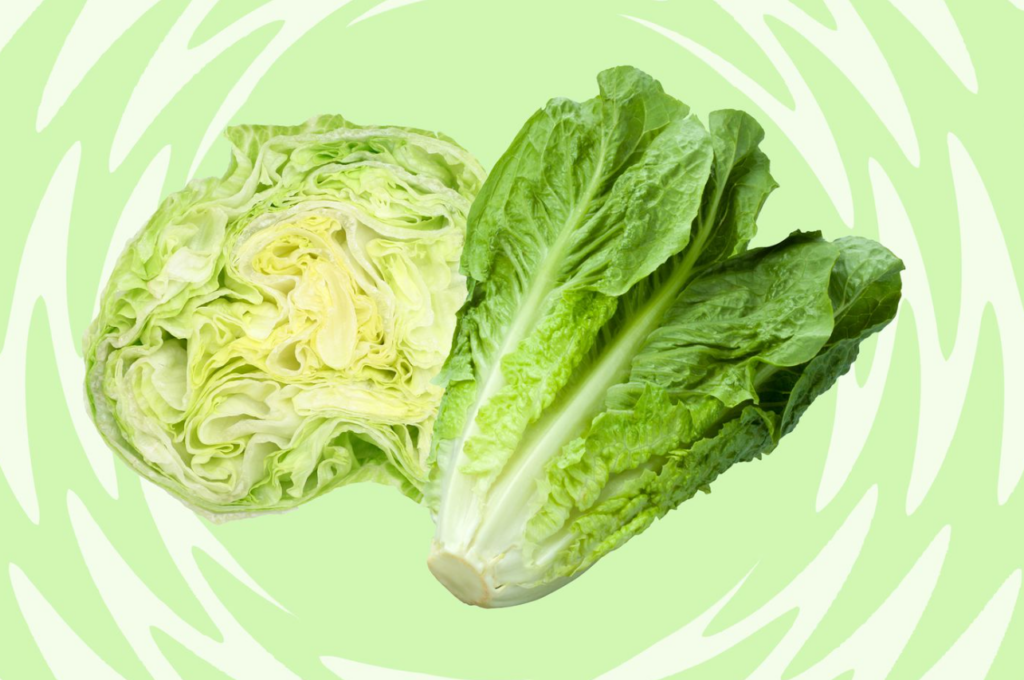Longevity isn’t just about how long you live; it’s about how well you live. Keeping your glucose and insulin levels low is key to aging gracefully and staying energetic. High oxidative stress accelerates aging, increases inflammation, and weakens the immune system, making you more susceptible to illnesses. Dr. Mindy Pels, a leading expert in functional health, shares the top foods she avoids to promote longevity and overall health.

1. Refined Flours and Sugars
Refined carbs, such as those found in white bread and sugary treats, spike your blood sugar and trigger fat storage. Unlike nature’s carbs from whole foods, refined sugars cause rapid spikes in glucose, making it harder for your body to transition into fat-burning mode. Dr. Pels warns that eating refined flours and sugars can lead to weight gain, insulin resistance, and metabolic issues.

2. Wheat and Wheat Bread
Wheat, particularly the hybrid strains used in modern agriculture, contains BT Toxin, which is harmful to your gut microbiome. This toxin disrupts gut health and contributes to conditions like leaky gut. Additionally, glyphosate, a common pesticide on wheat, can push heavy metals into the brain, negatively affecting hormonal balance and mental clarity. Dr. Pels avoids wheat to protect her gut and brain health.

3. Diet Soda and Artificial Sweeteners
While diet sodas may seem like a calorie-free option, artificial sweeteners like aspartame and sucralose stimulate hunger hormones and promote insulin resistance. These chemicals disrupt the gut microbiome, which can elevate blood sugar levels and contribute to weight gain. Dr. Pels advises avoiding diet sodas, especially during fasting periods, to maintain stable blood sugar levels.
4. Juices (Especially Orange Juice)
Despite being marketed as healthy, fruit juices like orange juice are packed with sugar and spike blood sugar levels. Drinking juice sets off a roller coaster of glucose fluctuations, contributing to insulin resistance. Dr. Pels suggests skipping fruit juices in favor of whole fruits or green vegetable juices, which are less likely to cause these issues.

5. Fish (Due to Heavy Metals)
Fish, particularly larger species like tuna, can contain dangerous levels of mercury and other heavy metals. Polluted oceans lead to contaminated fish, which can negatively impact hormone levels and detoxification. While Dr. Pels occasionally enjoys fish, she is selective about its source and prefers options that are lower in heavy metals.
6. Conventional Fruits
Conventionally grown fruits, such as apples and bananas, often lack essential nutrients due to genetic modification and poor soil quality. Dr. Pels recommends eating fruit from regenerative farms, where crops are grown with care for the ecosystem and soil health. These fruits are richer in vitamins, minerals, and beneficial compounds.
7. Instant Oatmeal
Instant oatmeal is often heavily processed, losing much of its fiber and nutrients in the process. These quick oats spike blood sugar levels, leading to energy crashes. Dr. Pels advises opting for whole oats or other natural grains that provide sustained energy without the insulin spike.
8. Potatoes (Conventional)
While sweet potatoes and certain varieties of potatoes are nutrient-dense, conventional white potatoes are high in starch, which causes blood sugar spikes. Dr. Pels recommends avoiding regular potatoes, especially when they’re not grown on regenerative farms. If you do enjoy potatoes, opt for sweet potatoes or potatoes from organic or regenerative sources for better nutritional value.

9. Iceberg Lettuce
Iceberg lettuce, often found in salads, is low in nutrients and offers little health benefit. Dr. Pels suggests choosing nutrient-dense greens like mixed lettuce, dandelion greens, and parsley for more vitamins and minerals in your salads.
10. Bad Oils
Certain oils, such as canola, soybean, sunflower, and vegetable oils, are high in omega-6 fatty acids, which can cause cellular inflammation and insulin resistance. Dr. Pels recommends switching to healthy oils like olive oil, avocado oil, ghee, or MCT oil to support healthy fat metabolism and reduce inflammation.
The Path to Longevity
Incorporating these insights into your daily life can help lower oxidative stress and improve overall health. Dr. Pels also emphasizes the importance of intermittent fasting and regular exercise to manage oxidative damage and improve metabolic health. These lifestyle changes, combined with a focus on nutrient-dense, whole foods, will help you feel better, live longer, and age gracefully.
Make sure to evaluate the foods you consume and choose those that support your long-term health and vitality.





